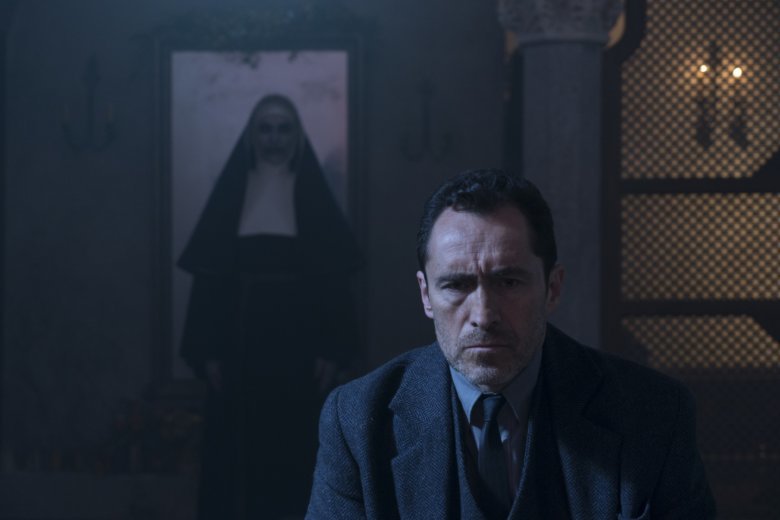“The Birth of a Nation” is a period biopic about the story of Nat Turner.
Like many historical melodramas, the filmmakers were liberal in their use of artistic freedom with the narrative. This is not a failure of the film but rather the filmmaker’s choice to value theme and allegory over historical accuracy.
Turner, a slave in the Antebellum South, is not only able to read but is also a preacher. While this may not sound strange today, in the pre-Civil War South it was rarely witnessed.
When slave owners take Turner across the country to preach to other slaves, he discovers his voice is the only sign of hope for them and his addresses can contribute to their redemption.
Realizing this, Turner then alters his sermons and preaches a different message – one of rebellion.
The directorial debut of Nate Parker, who also wrote and starred in the film, is impressive. The film has already won the Audience Award and Grand Jury Prize in the U.S. Dramatic Competition at the Sundance Film Festival.
This led to “The Birth of a Nation” being purchased by Fox Searchlight for $17.5 million dollars, a Sundance Film Festival record. Nate Parker also writes and stars in The Birth of a Nation.
Don’t confuse this film with D.W. Griffith’s historic but incontestably racist silent film of the same name. However, the title is no accident. Nate Parker and the film’s producers purposely re- appropriated the title to show the real birth of a nation was not that of White Supremacists but the rising of a suppressed people, African-Americans.
Period films are notoriously expensive but Parker makes use of his relatively modest $10 million budget. The battle scenes in the final third of the film are well done, but one is tantalized by the notion of Nate Parker helming a historical epic with the level of budget a major Hollywood studio could provide.
“The Birth of a Nation” uses all aspects of the medium of motion pictures to convey its story.
Expert craftsmanship is on display in "The Birth of a Nation" with sets, exterior locations, and art design more impressive and convincing than films utilizing tens of millions of dollars in CGI.
The makeup and lighting departments do an excellent job of making the skin of the slaveholders and those participating in the slave trade pasty and unflattering, a physical allusion to the evil and bigoted nature of their characters.
“The Birth of a Nation” makes good use of the camera as a storytelling device, a rarity in contemporary mainstream American cinema. When Parker’s belief structure begins to be shaken the camera does the same, engaging the audience further.
The film’s melodrama is used to build archetypes as opposed to furthering the plot. Turner is deemed special since birth, and with his specialized knowledge, he leads his people. “The Birth of a Nation” is a mixture of mythology and folklore rather than a rigid historical retelling.
It is impossible to watch “The Birth of a Nation” without taking into context that diversity both in front of and behind the camera continues to be an issue in American cinema. Time will tell if Parker will be regarded as an important director, but his directorial debut is an important film.
Don’t wait for it on cable or Blu-ray, “The Birth of a Nation” deserves to be watched in theaters as the filmmaker intended.













